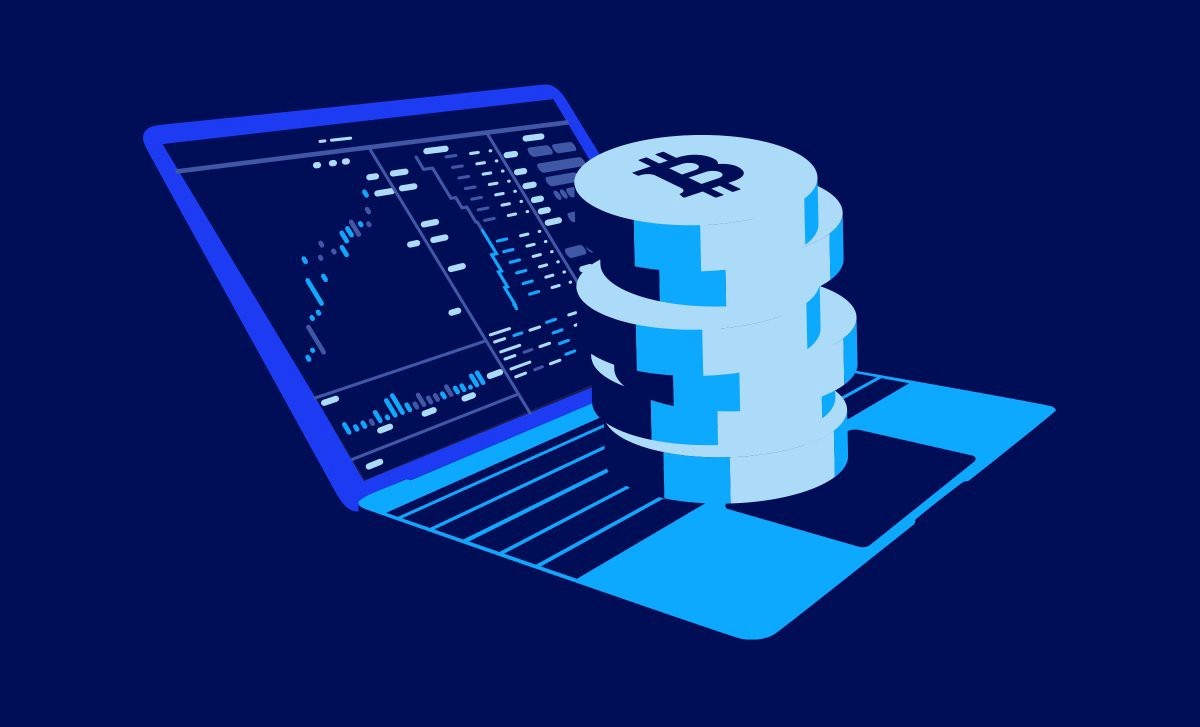Cryptocurrencies have been the best-performing asset class this year. While Bitcoin has soared by more than 100%, major indices have jumped by less than 20%.
This rally has led to renewed enthusiasm about crypto among people from around the world. Crypto-related events are selling out and the search for a keyword like ‘make money crypto’ on Google has been surging. This optimism has led many analysts to predict that Bitcoin price rally is just getting started. Renowned cybersecurity pioneer, John McAfee has predicted that the price of one Bitcoin could reach $1 million in 2020. But McAfee has admitted in earlier occasions that he likes to pull publicity stunts.
At the same time, many people are losing money every day through cryptocurrency scams. In this article, we will look at the top 5 cryptocurrency scams and how you can avoid them.
OneCoin Cryptocurrency Scam
- OneCoin scam is one of the biggest cryptocurrency scams in history.
- The founder of OneCoin, Ruja Ignatova, disappeared in 2017 near the time a secret US warrant was filed for her arrest.
- US prosecutors have alleged the scheme brought in approximately $4 billion worldwide.
Contents
1. Initial Coin Offerings (ICOs)

An Initial Coin Offering (ICO) is a method many blockchain companies use to raise money. It is created to mirror what happens in Initial Public Offerings (IPOs). Unlike IPOs, ICOs are unregulated and global in nature. Also, companies offering ICOs are not required to provide any details on their income and balance sheet. Most of them don’t have either.
In the past few years, investors have put in almost $10 billion to ICOs. In 2017, Block.one raised more than $4 billion from investors. This is a quarter of what Alibaba raised in its IPO in 2014. Telegram, the popular messaging app, raised more than $1.7 billion in an ICO.
Unfortunately, most people invested their money in some of these ICOs lost their investment. In fact, this week the company behind Block.one was forced to settle with the SEC for conducting unregulated securities sale.
The reason why ICOs are scams is that the process of launching one is very easy. Anyone can use the many ICO templates that are available online and deceive people. Indeed, in 2017, a company called Useless Coin raised more than $54k from investors. On its website, the company had told investors that they would use proceeds to “buy stuff.”
To protect yourself from ICO scams, we recommend that you just stay away from them. Ignore the flashy websites, the good-looking people in the Team section, and the bogus product they are selling.
2. Crypto Investment Funds

In the traditional financial industry, investment managers are required to be regulated. In the United States, each fund manager must be regulated by the SEC. This regulation helps keep the financial industry safe by keeping rogue managers at bay.
As a global industry, cryptocurrency does not seem to abide by these rules. They don’t abide by the rules because unlike fiat currencies, cryptocurrencies cannot be tracked by financial regulators. As a result, many Americans have lost a lot of money by investing in rogue money managers who promise double-digit returns.
A good example of this was BitConnect, which was accused of being a ponzi scheme. At its peak, the company was valued at more than $2.6 billion. Investors were promised 40% monthly returns. This meant that early investors who put in $1,000 would expect to be millionaires in three years. The company shut down in 2018.
To protect yourself, stay away from crypto deals that sound too good to be true. Also, avoid investing in foreign companies that don’t fall in the jurisdiction of US regulators.
3. Fraudulent Exchanges

There are hundreds of cryptocurrencies exchanges in the world. The popularity of these exchanges has risen because of how easy it is to launch an exchange. Indeed, it is possible to launch a great-looking exchange with less than $1,000. Early this year, it was reported that a Canadian crypto exchange shut down after the founder died with the passwords. Meanwhile, billions of dollars worth of crypto have been stolen in crypto hacks. Some of these hacks have been done in coordination with insiders.
For example, the SEC shut down 1Broker, a Marshal-Island registered exchange. The SEC and other global regulators have shut many other exchanges and brokerages. Many other exchanges and brokerages have been shut by the SEC and other global regulators.
To stay safe, we recommend that you take time to research about an exchange before you deposit your funds. Also, we recommend that you use major US-based exchanges like Coinbase and Kraken. These exchanges are supported by credible venture capitalists and are monitored closely by regulators.
There are two types of bitcoin exchanges — those that have already been hacked and those that are going to be hacked.
Don’t store your Bitcoin in an exchange. Ever. Only store the funds that you intend to use for trading. If you do not control the private keys for your Bitcoin wallet, it’s not your Bitcoin.
4. Phishing

Phishing is a prevalent type of scam. It is the same type of fraud that led to the release of thousands of emails from John Podesta, Ameerican political consultant, during the 2016 election. Phishing works when you receive an email message with a link. The email is designed to look like that of popular services like Google and Amazon. When you follow the link, you might be asked to change your password or offer more private details. As you do this, fraudsters are closely watching and stealing your data, which they sell for cryptocurrencies.
To stay safe, we recommend that you think twice before you click a link that you find in your email inbox. If the email is from Google or Amazon, verify that it is indeed from the companies. We also recommend that you never disclose your security key to anyone.
5. Cloud Mining Scams

Bitcoin mining requires some expensive hardware. The cheapest brand-new mining machine from Bitmain, for instance, goes for more than $250. The most advanced miners sell for more than $10,000. Since most people cannot afford these machines, they turn to cloud mining companies. They pay these companies a subscription fee in exchange for Bitcoins. While there are some genuine cloud mining companies, many that operate do it illegally. A good example was Hashflare, which shut down in 2018. In total, customers are said to have lost millions of dollars.
We recommend that you avoid using cloud mining companies. If you must, we recommend that you use American cloud mining companies. Also, ensure that these companies are registered and regulated by a credible regulator.
Final Thoughts
Cryptocurrency-related scams declined in 2018 when the price of crypto was tanking. This year, the scams are back as the price of cryptocurrencies has been surging. Sadly, most people are losing a lot of their hard-earned money on these schemes. We recommend that you take all measures to protect yourself from these crypto-related scams.
This post is also available in de_DE.





